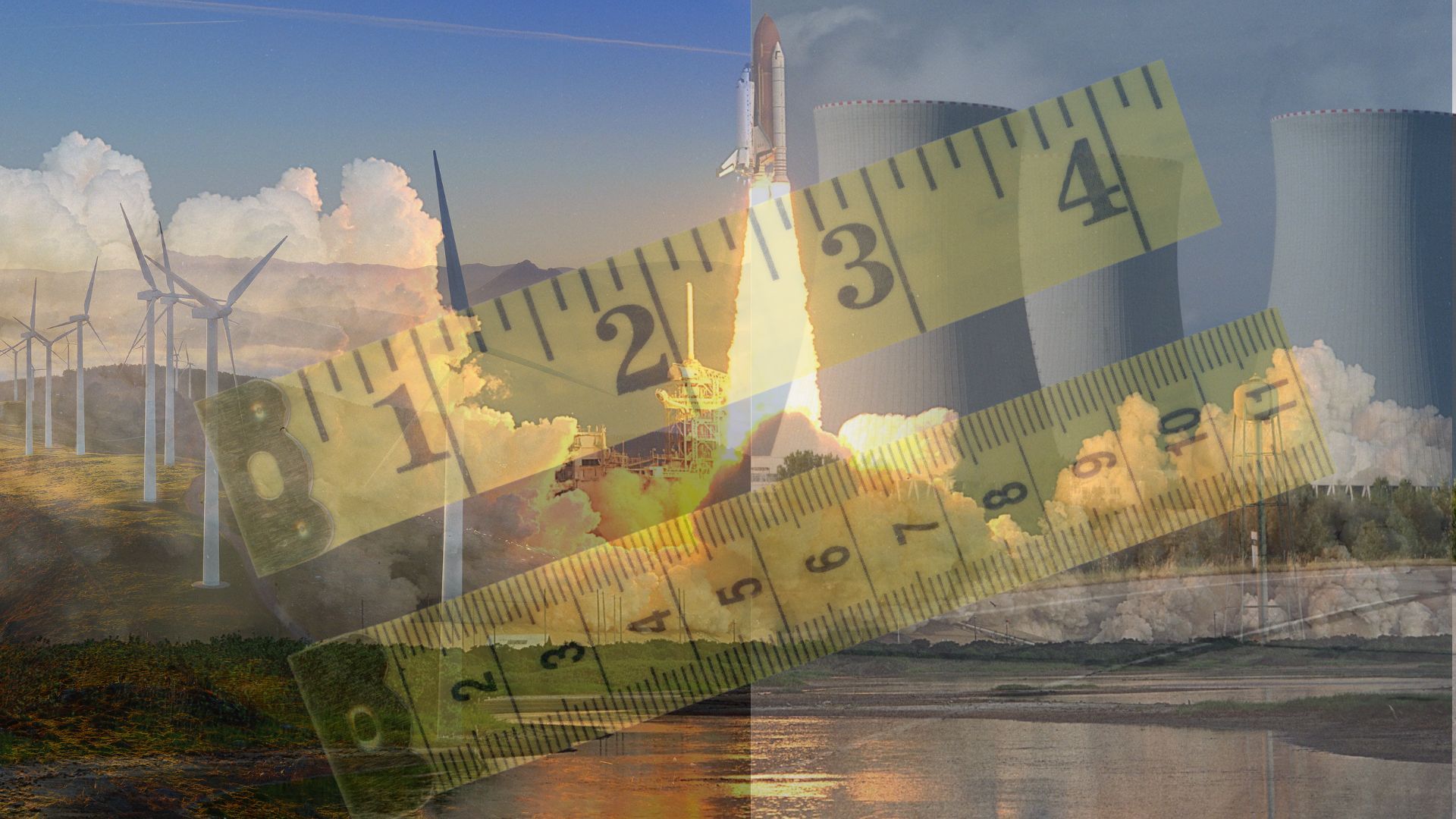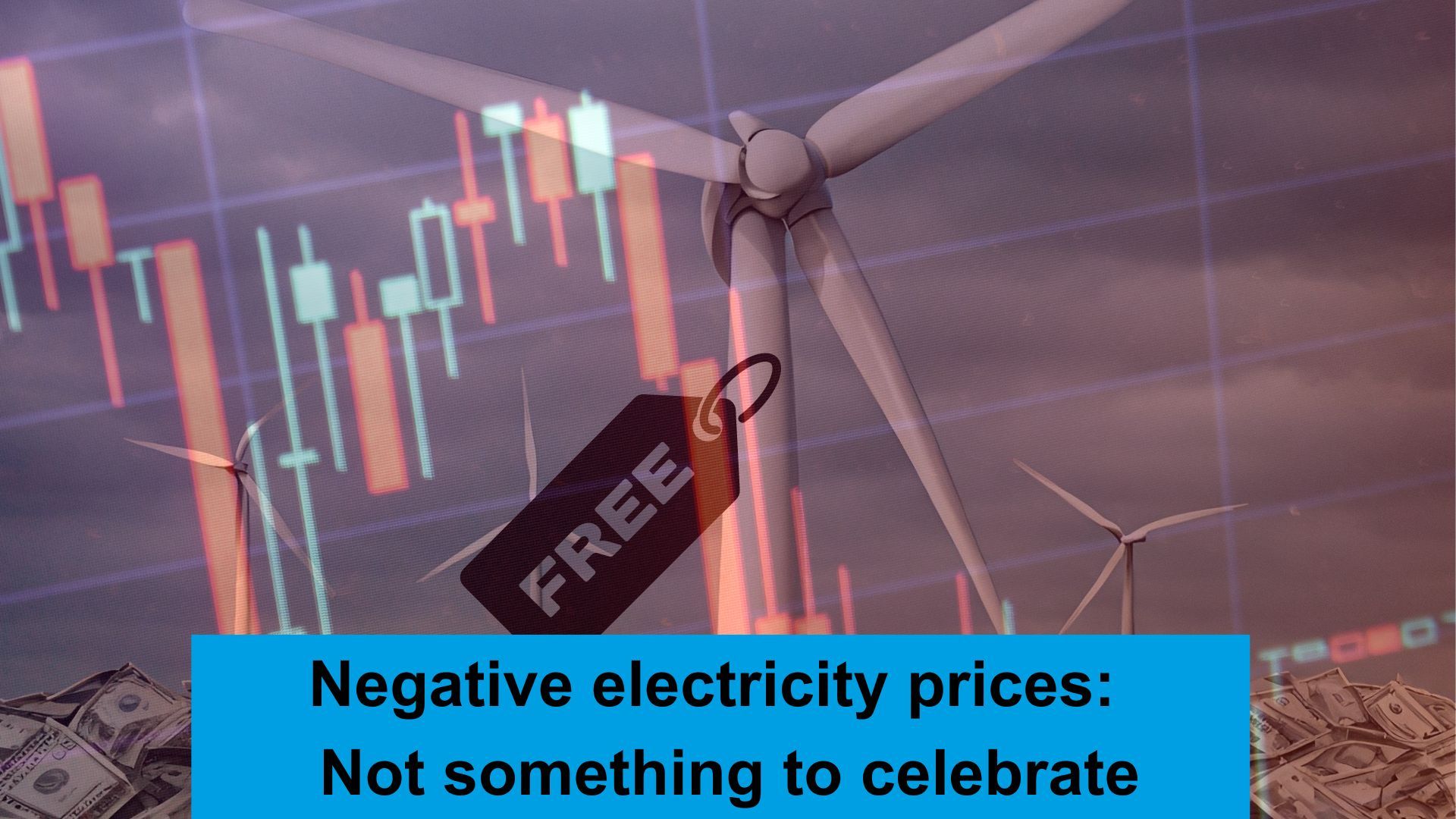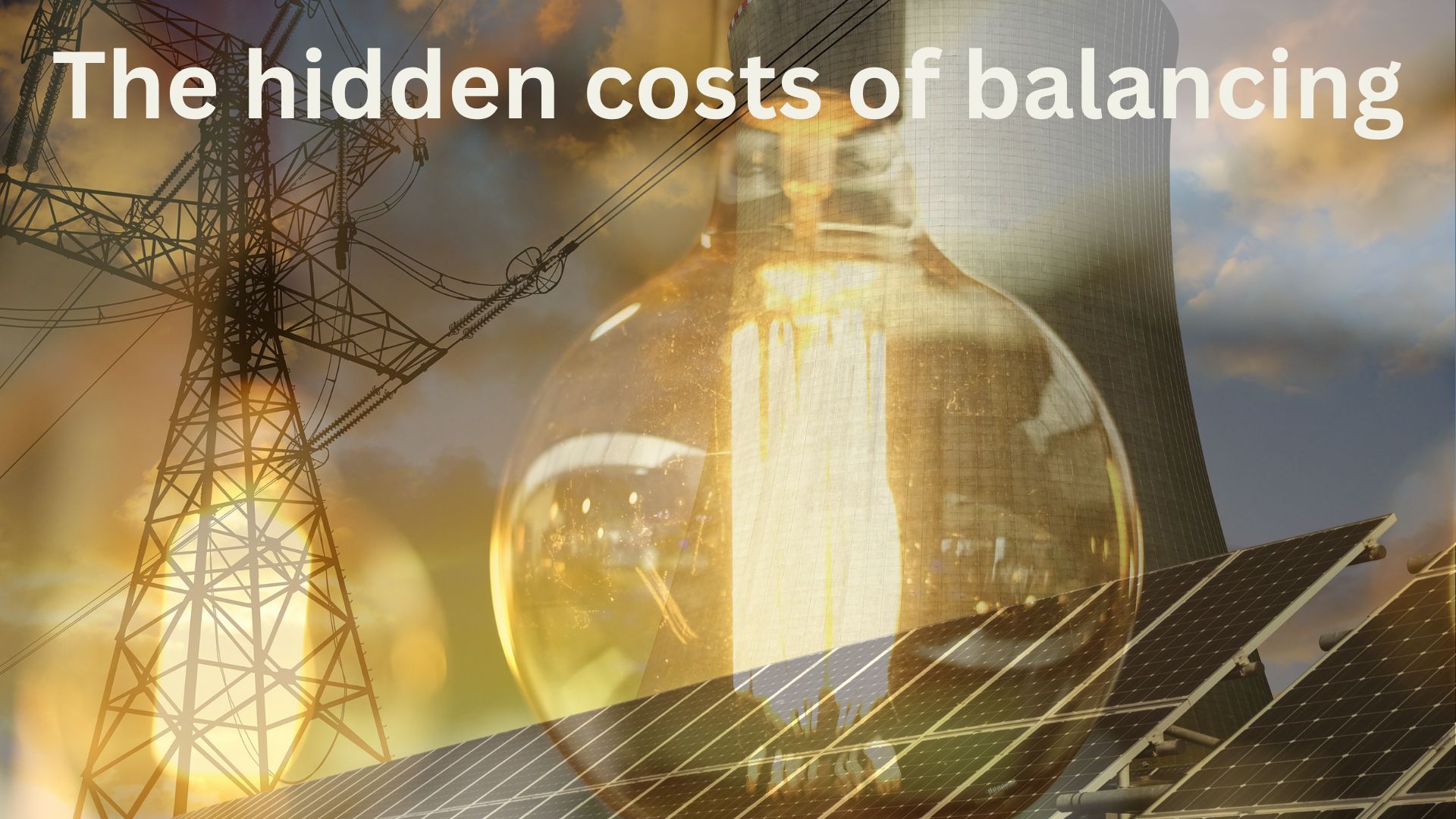With the energy crisis growing, is it time to take control of the one thing Government can set the price for?
𝑻𝒉𝒊𝒔 𝒊𝒔 𝒏𝒐𝒕 𝒂𝒏 𝒂𝒏𝒕𝒊-𝒏𝒆𝒕 𝒛𝒆𝒓𝒐 𝒑𝒐𝒔𝒕. Climate change is real, it is happening, and we need to do all we can to avoid the worst impacts of it. However, that doesn’t mean that the current approach to pricing and trading carbon emission certificates is the most appropriate to today’s environment.
The UK Government cannot control international gas or oil prices, and as a nation we are collectively price takers from global forces; but Government can control carbon markets, which exist as a political construct rather than a true commodity supply market.
In a business-as-usual world, increasing carbon prices flow into electricity prices at the marginal cost of the most polluting generator, to provide an incentive to utilise lower carbon intensity production methods.
The net result of this is that all generators that aren’t the most expensive on the system receive an uplift in income from the carbon footprint of the most polluting, which is paid for by end users.
𝐓𝐡𝐞 𝐜𝐨𝐬𝐭𝐬 𝐨𝐟 𝐜𝐚𝐫𝐛𝐨𝐧 𝐚𝐫𝐞 𝐚𝐥𝐫𝐞𝐚𝐝𝐲 𝐬𝐢𝐠𝐧𝐢𝐟𝐢𝐜𝐚𝐧𝐭.
Carbon prices for December 2022 are currently around £70/tonne, which is a significant fall on recent highs, yet still adds substantial uplift to electricity costs.
This adds approximately £28/MWh to electricity prices based on gas fired marginal generation, around 7% of the total energy price even at current market prices.
For all but the highest carbon intensity this adds to profitability, and at a time when end users are suffering such dramatic price increases is unnecessarily adding to the pain.
An alternative potential model would be to charge customers a carbon tax based on average grid intensity and use this income to directly subsidise areas of new development where support is required. This targeted approach would be cheaper than the current market-based approach.
For example – in 2021 the average grid carbon intensity was around 0.2 Tonne/MWh. A tax based on this would broadly halve the cost of carbon to end users compared to the current market approach. Even so, the total income on 300 TWh of supply would be over £4 Billion per year to invest in decarbonisation projects.
The energy trilemma remains unsolved, and it’s time to bring more focus on the actual costs being experienced by real customers, rather than the theoretical benefits often put forward in Government related analyses.
Share this on social media










